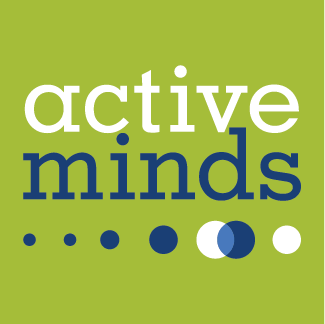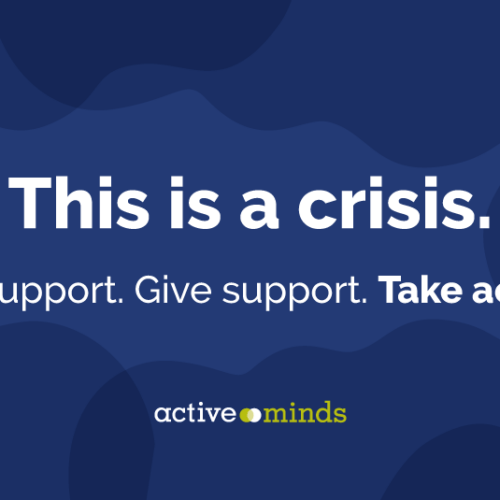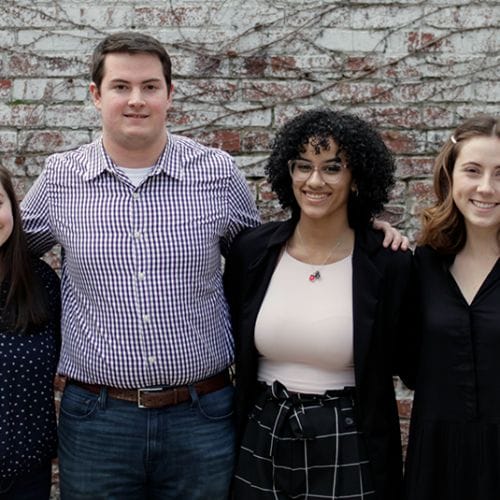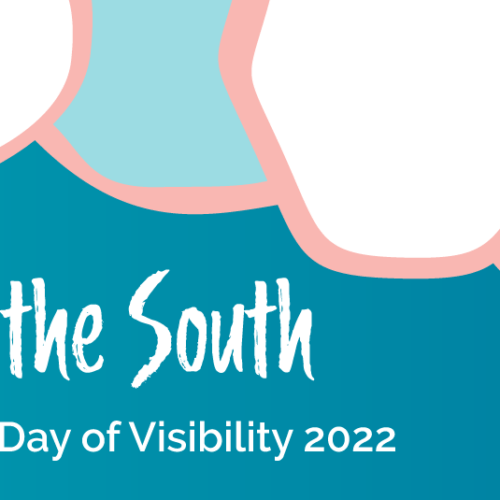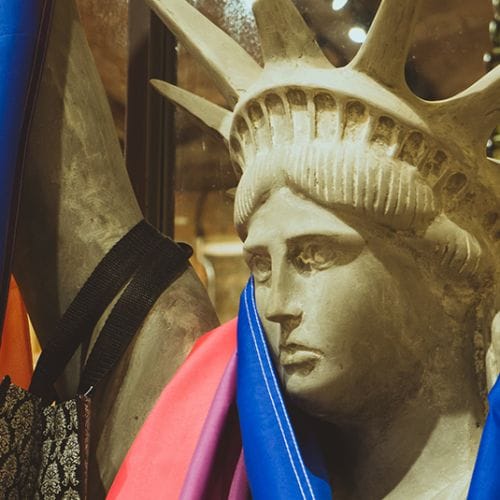We forget. Again and again, we forget. We forget the lives lost. We forget the screaming and tears of the classmates. The gasping, breathtaking grief of the parents, and the ashen shock of the teachers. We forget the horror, the anger, the anguish. We forget. We allow complacency and suffering to perpetuate.
Today, there are twenty-one fewer lives in Uvalde, Texas. Twenty-one young lives cut way too short. Today, vicious ripples of pain spread across a community and a country.
There is something magical about an elementary classroom. Young minds are open and so willing to learn – and not only about the basics. The way they learn about themselves, cultures, and life skills without abandon is unique.
We once trusted that the classroom was safe for learning and growing, untarnished by the outside world. In the last 25 years, that has changed for many children, educators, and school leaders.
Schools should be places where students learn and grow without fear of gun violence.
After the Sandy Hook massacre, teachers created safe words for children to say when overcome by thoughts and memories of the shooting. Every day, in one classroom, students would shout out, “MONKEY!” An aide would take the child to a quiet space to process their grief so that they could get back to learning.
In just under a decade since then, another 948 schools and more than 300,000 students have suffered the tragedy of a mass shooting.
And nearly every time, mental illness is used as a scapegoat for why this violence occurs, focusing on the illness of the perpetrator. The larger reality is that someone living with mental illness is far more likely to be a victim of violence than a perpetrator.
So yes: this is a mental health issue, but not for the reasons you might first think.
This is a mental health issue because mass murders like the one that happened yesterday in Uvalde, TX cause mental distress for thousands – if not millions – nationwide.
Look at all the lives directly affected by the horrifying trauma of school shootings:
Students: Since the Columbine massacre in 1999, more than 300,000 youth have seen, experienced, or known the pain of a school shooting. They have had to attempt to continue learning and growing amid trauma. Millions more struggle with the fear of being next. Without a doubt, this skyrocketing statistic is a contributor to poor youth mental health.
Families: Those who have experienced loss due to a school shooting deal with immense pain and grief. This is on top of watching others celebrate milestones like high school graduation or getting a job for the first time. Still more families experience fear and helplessness as they watch a nation navigate school shootings with no discernible changes made to stop them.
Teachers: They are on the front line of preparation for an unknowable horror through active-shooter drills. They are asked to address students’ distress while dealing with their own fear and trauma as well.
School mental health teams: School counselors, psychologists, social workers, and principals, are tasked with comforting students, families, and teachers. They now need to ramp up their counseling services and connect their school community to trauma specialists.
The list above doesn’t even touch on the essential workers responding to school shootings and treating gaping wounds on small bodies; therapists like those in Uvalde, TX who will process this shooting and trauma tomorrow with clients while processing it themselves; reporters and media who will hear and share unknowable painful stories of pain and loss, and so many more.
Nor does this list fully illustrate the way that gun violence disproportionately affects Black, Indigenous, and people of color and lesbian, gay, bisexual, transgender, queer and questioning individuals. Racism and white supremacy are inextricably tied to the gun violence occurring across our nation. Individuals are affected in different ways by mass violence and the intersectionality of this issue cannot be ignored.
Process your own pain in the wake of another school shooting, and when you are ready, take action.
- Know that coping skills are not enough to fix the exploding mental health crisis caused by school shootings.
- Recognize that systems that enable school shootings are perpetuating harm against millions of school-aged students, their parents, their families, and their teachers and administrators…again, and again, and again.
- Don’t forget. Stay determined, stay loud. Massacres like the one in Uvalde are not inevitable. We do not have to live like this.
- Vote or voice your opinion as an engaged citizen of your community and state. If you are 18, register to vote. People of any age can share their stories with elected officials and advocate for legislation that supports gun violence prevention.
- Reach out to stop the perpetuation of trauma on hundreds of thousands of people by volunteering time, support, or votes through your local gun violence prevention groups. Some groups for young adults include:
This is the end of the school year. Students and educators should be celebrating academic accomplishments and graduations from kindergarten to high school. Instead, we graduate thousands into mental health crises and pain from loss, fear, and grief.
Today, we stand with the Uvalde, Texas community.
If you or someone you know is struggling, contact the National Suicide Prevention Lifeline at 1-800-273-TALK (8255) or text BRAVE to the Crisis Text Line at 741-741.


